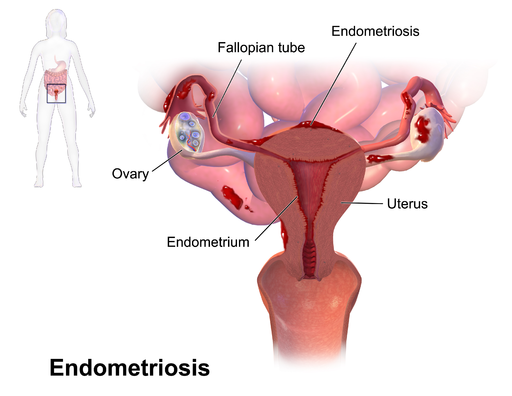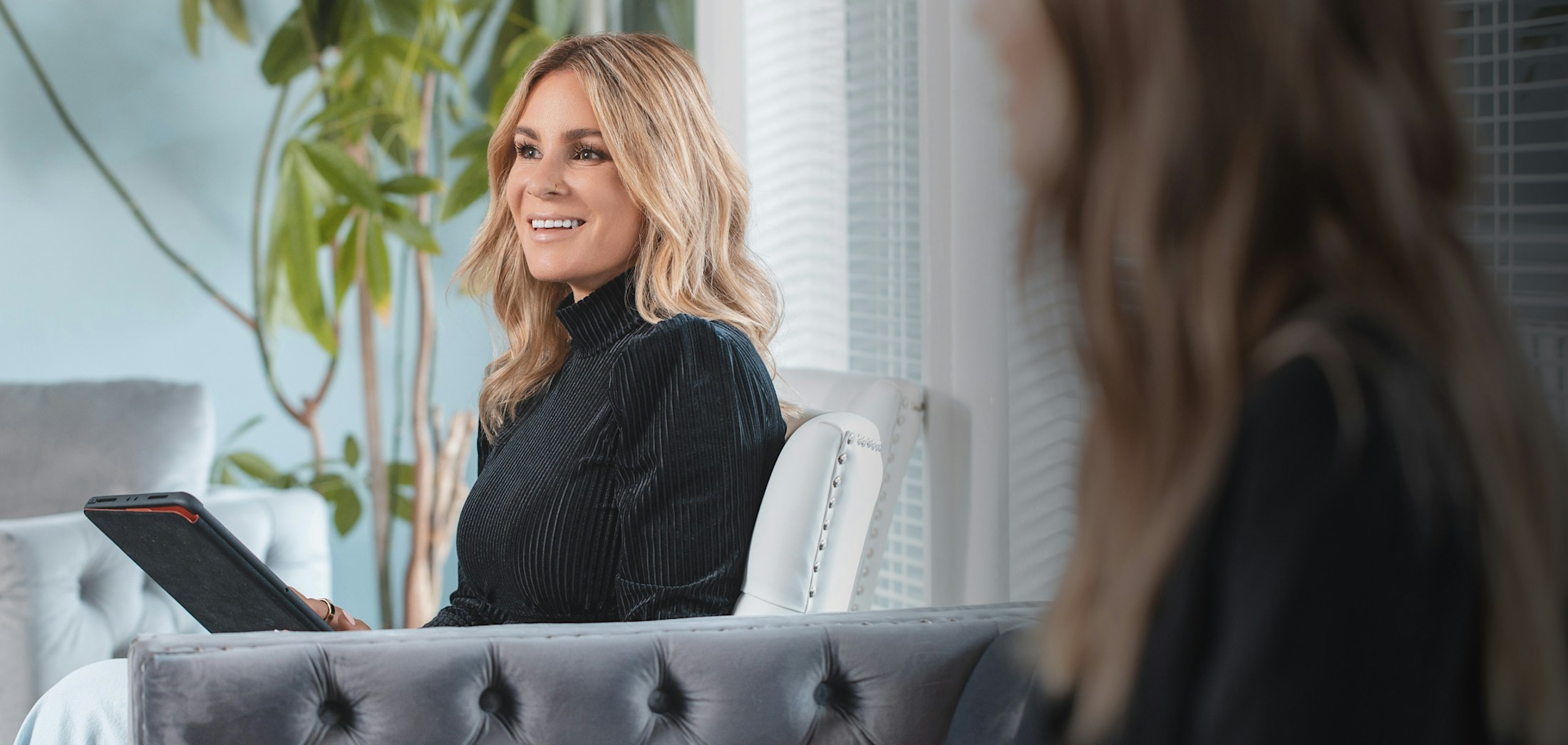
About 11% women ages 15 to 44 suffer from a condition known as endometriosis. This condition can be incredibly painful and have long-term effects on a woman’s health and her life – but strangely, many women know very little about it.
These days, endometriosis awareness is gaining momentum thanks to educational campaigns from the Endometriosis Association and celebrities like Halsey, Daisy Ridley, and Gabrielle Union, who have publicly shared their experiences living with this condition.
And today, let’s spread the word a little further! Let’s talk about endometriosis and ovarian health.
What is Endometriosis?
To understand endometriosis, you must first understand a few basics in women’s anatomy. The condition gets its name from the endometrium, which is the tissue that lines a woman’s uterus.
Endometriosis (or “endo”) is a condition in which similar tissue grows outside of the uterus. This tissue is usually found on the ovaries, fallopian tubes, or outer surface of the uterus, but it can grow in other places in the body (for example, dancer Julianne Hough was once hospitalized after endometrial tissue was found on her appendix and hip bones).

Endometriosis Symptoms
Individuals with endometriosis typically suffer from particularly difficult menstrual cycles. They may deal with severe cramping or excess bleeding, as well as digestive problem during menstruation. This is perhaps one of the reasons that endo is so hard to diagnose; cramping and pain is considered a “normal” part of menstruation, so women (and their doctors) may not recognize that their pain is a sign of something more.
Unfortunately, endo can also cause discomfort for women before and after their periods. Endo can contribute to chronic pain, difficulty and pain while having sex, and even fertility. This is why it’s important to try and identify and access treatment.

Are you exhibiting any symptoms of endometriosis
How to Treat Endometriosis and Maintain Ovarian Health
There is currently no cure for endometriosis, but there are several ways to help manage the symptoms. Some treatment options include hormonal birth control or over-the-counter pain medication – though doctors may recommend surgery to remove the endo tissue in extreme cases.
And just as there’s no cure for this condition, doctors still don’t know if there is any way to prevent it. However, there are a few things you can do to maintain ovarian health and reduce your risk of developing endometriosis. These include the following:
- Using Progesterone to balance the Estrogen that “feeds” the endometriosis
- Taking a pill approved for endometriosis treatment – Orilissa (elagolix)
- Use a hormonal birth control with a lower dose of estrogen
- Use a no estrogen containing method of birth control like Nexplanon, Mirena, Kyleena IUDs or the progestin pill
- Maintain a low percentage of body fat
- Eat a healthy diet rich in vitamin A (eggs, milk, sweet potatoes, spinach), selenium (shellfish, whole wheat bread), and vitamin C (oranges, red peppers, broccoli)
- Minimize stress and optimize your gut health by taking a probiotic and avoiding processed foods
- Exercise regularly
If you follow these tips, you can help maintain your hormonal health – and honestly, the rest of your body and mind can benefit, too! Sometimes your ovaries need a break and that is what the birth control pill usually does – puts them in a rest mode, hopefully to restart better and healthier after other health issues have been addressed while they have been resting.
Don’t know where to start? Should you check your hormones? Should you change your birth control?
If you are in the Thousand Oaks area, please schedule an appointment with Dr. Cernainau at HERA Healthcare. She can perform a holistic evaluation of your hormonal wellness and offer various treatment options, including surgery if it is suspected that you have endometriosis.


